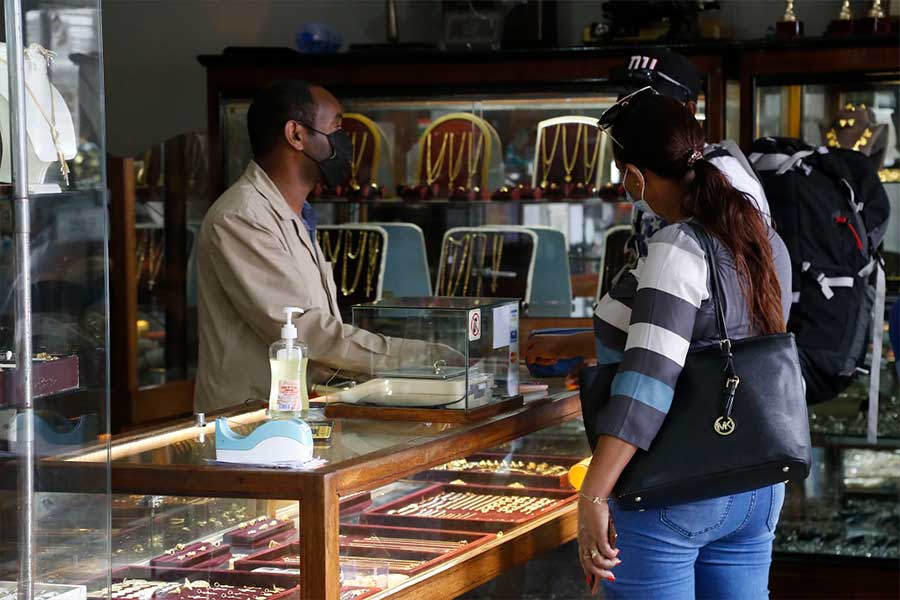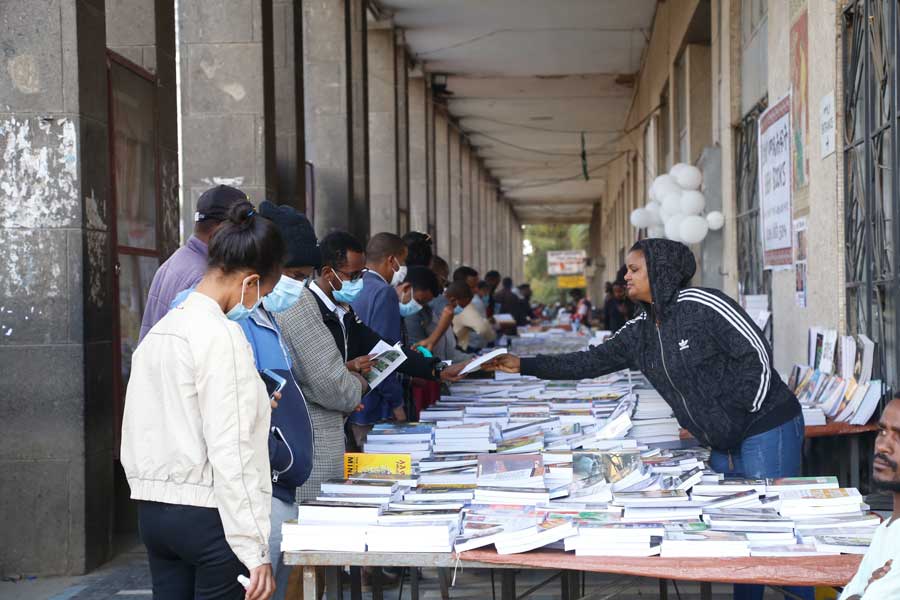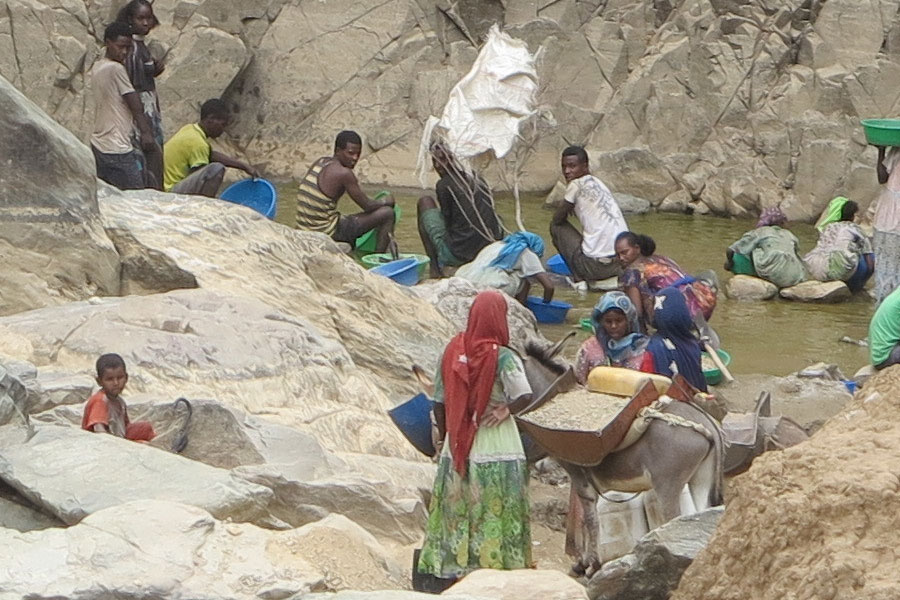
Agenda | Oct 10,2020
It was a life-changing experience when I headed to a large scale gold mine in the Oromia Regional state, Gujji Woreda. Amongst the people that went with me, only the driver of the old land cruiser had been to the area before. All went well, traversing through the towns along the way. Before we reached our destination, we had to leave the smooth ride ahead to beautiful Dilla, take in the scenry, and turn back to the west.
Inside the vehicle, the soundbox blared loud enough to scream like a crusher designed to wake the dead. The truck also had no internal cooling system; thus we had to open the window. It was a long ride that nonetheless gave us time for reflection. I was inebriated with the fabulous vista of the countryside, a manicured land not tinkered with farming, as it is utilised mainly for cattle rearing.
Finally, we arrived. We saw it all. There was the primary deposit open pit mine, its processing plant, local utilities and its indirect infrastructure. The latter was used to separate gold from the big blasted rock and gravel after drills, hauls, and dumps.
Above all, we met the men and women who stripped the gold-bearing ore and the waste within which it is hidden. This is the main economics behind gold mining. It is stripping the available gold deposit from its hosting rock, a cumbersome process that needs to be economical to make a profit.
As we headed up and down to the open pit mine, we crossed the old field abandoned by prospectors. They are tokens or hints for the gold deposit that lies all around the area. Then, there was the ruthless pursuit of intrepid artisanal miner men and women, with good or poor chance of finding gold in the goldfields. The people were visible amidst the waste piles of rock washings, with their hands dirty from rummaging for gold.
It is only astonishing that after many centuries, much is sacrificed in the pursuit of gold. With its rarity coupled with beauty and wide-ranging applications, gold has always been highly sought after. Its metal properties were once compared to those of the heart, which creates a rhythmical balance between the greatest possible accumulation of blood in the heart's chambers and the blood’s greatest expansion into the most distant capillaries. Being exceptionally dense and twice as heavy as lead, it is more malleable than any other metal and can be rolled out into extremely fine sheets.
We can also learn from gold, struggle to find where it is located, and reap the fruits from it. All the main actors involved in its search and extraction have to be one like it and act flexibly and with relevance. It is a lesson that has not been learned. When Tanzania had no large scale gold mines, we had one as we do now. Tanzania is now one of the major gold producers, generating over a billion dollars in exports every year, while Ethiopia has not managed to go very far.
Revenues from gold in Ethiopia have been declining. Some 654 million dollars was earned from it a decade ago. But two years ago, it had fallen to 29 million dollars, taking the country’s foreign currency reserve with it. Thankfully, there are encouraging improvements this year, with over half a billion dollars earned in the first 10 months of the fiscal year.
The artisanal miners have to be thanked for this, braving terrible working circumstances and banditry to improve export revenue and bring in foreign currency. Gold is beautiful and valuable. The blood, sweat and tears that goes into producing though is quite another matter. It should cast a light on the lot of those on the ground as much as the increased export earnings does.
PUBLISHED ON
Jun 05,2021 [ VOL
22 , NO
1101]


Agenda | Oct 10,2020

Radar | Aug 28,2021

Radar | May 14,2022

Sunday with Eden | Jul 26,2025

Radar | Dec 21,2019

Radar | Nov 29,2020

View From Arada | Jun 15,2019

My Opinion | Sep 24,2022

Viewpoints | Aug 18,2024

Radar | Feb 05,2022

Dec 22 , 2024 . By TIZITA SHEWAFERAW
Charged with transforming colossal state-owned enterprises into modern and competitiv...

Aug 18 , 2024 . By AKSAH ITALO
Although predictable Yonas Zerihun's job in the ride-hailing service is not immune to...

Jul 28 , 2024 . By TIZITA SHEWAFERAW
Unhabitual, perhaps too many, Samuel Gebreyohannes, 38, used to occasionally enjoy a couple of beers at breakfast. However, he recently swit...

Jul 13 , 2024 . By AKSAH ITALO
Investors who rely on tractors, trucks, and field vehicles for commuting, transporting commodities, and f...

Oct 4 , 2025
Eyob Tekalegn (PhD) had been in the Governor's chair for only weeks when, on Septembe...

Sep 27 , 2025
Four years into an experiment with “shock therapy” in education, the national moo...

Sep 20 , 2025
Getachew Reda's return to the national stage was always going to stir attention. Once...

Sep 13 , 2025
At its launch in Nairobi two years ago, the Africa Climate Summit was billed as the f...